In a rare and risky interview aired on CNN’s Anderson Cooper 360, CNN International Correspondent Isobel Yeung spoke face-to-face with a member of Mexico’s Sinaloa Cartel, asking him directly to respond to U.S. President Donald Trump’s policy of designating drug cartels as Foreign Terrorist Organizations (FTOs).
The interview, filmed in an undisclosed and dangerous part of Mexico, focused on the drug trade, cartel violence, and cross-border consequences. The masked cartel member claimed to be involved in the production of fentanyl, one of the deadliest opioids contributing to the drug crisis in the United States.
Background: Trump Administration Labels Cartels as Terrorists
In February 2025, during his second presidential term, President Donald Trump signed an executive order classifying major Mexican drug cartels as Foreign Terrorist Organizations (FTOs). This move opened the door for stronger enforcement actions, including the possibility of U.S. military involvement or sanctions.
This decision drew mixed reactions—support from conservative lawmakers and concern from Mexican officials over the implications for diplomacy and national sovereignty.
CNN’s Risky Interview with a Cartel Member
In the report aired Friday night, Isobel Yeung visited a high-risk area believed to be under cartel control. After weeks of coordination, her team secured a secret meeting with a man claiming to be a fentanyl producer for the Sinaloa cartel.
Key Highlights from the Interview:
Yeung: “The Trump administration has labeled you a terrorist. What do you make of that?”
Cartel Member (translated): “The situation is ugly. But we have to eat.”
Message to Donald Trump:
“My respect. According to him, he’s looking out for his people, but the problem is the consumers are in the United States. If there weren’t any consumers, we would stop.”
On Mexican military crackdowns:
“There are more soldiers now, so we must keep working, but on a smaller scale.”
On violence and regret:
“There is sadness. Things are sad.”
The man agreed to speak only if his identity and location were protected. As the interview ended, his phone signaled that someone was nearby, and he told the crew to leave immediately for safety.
Reactions to the Interview
The segment has sparked backlash from conservative commentators, who argue that giving airtime to a cartel member is dangerous and irresponsible. Others praised the journalistic bravery of Yeung and her team, calling it a rare look inside the drug trade and the people involved in it.
The Sinaloa cartel remains one of the most powerful and violent drug trafficking organizations in the world, deeply involved in the smuggling of fentanyl, cocaine, and methamphetamine across the U.S.-Mexico border.

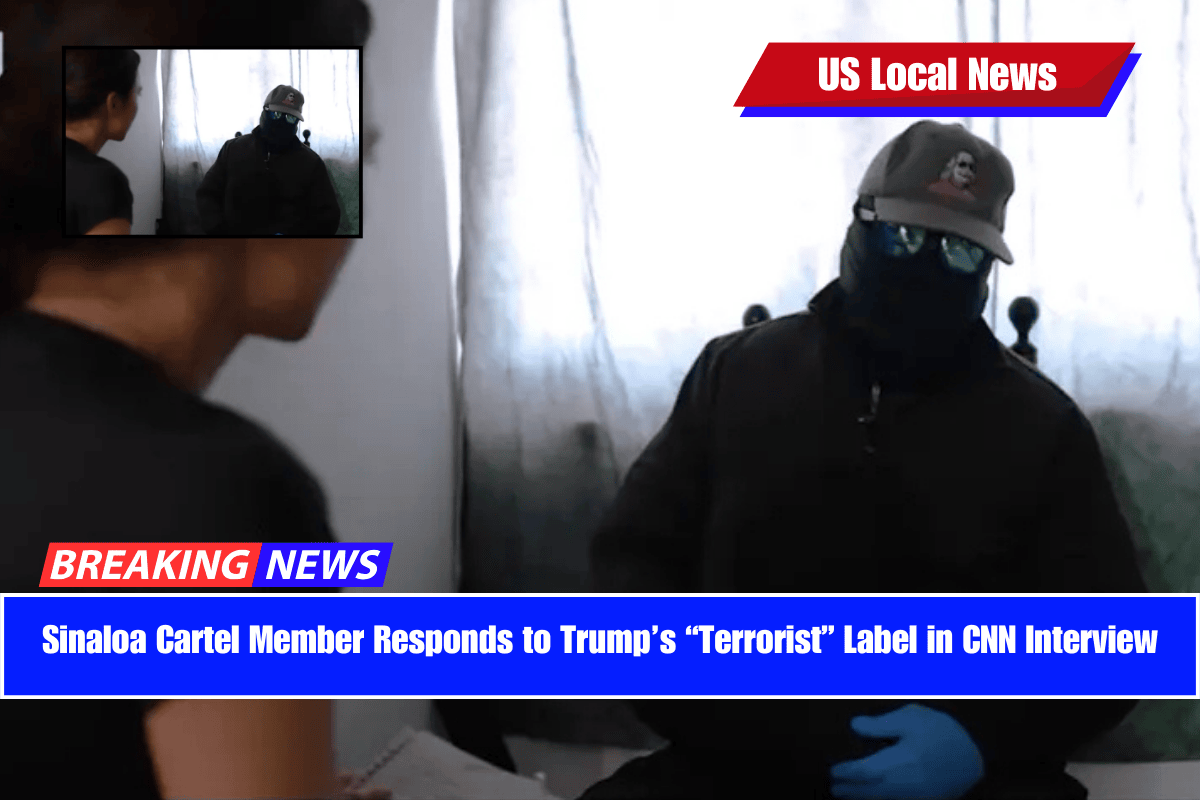
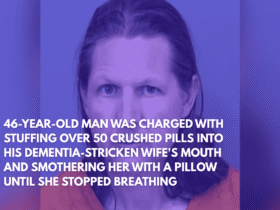


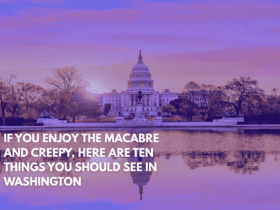

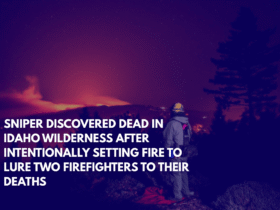
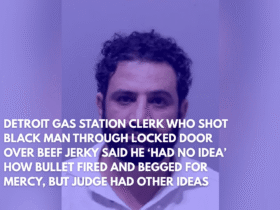
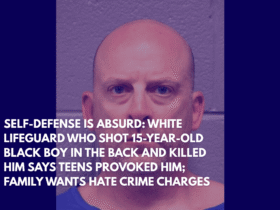
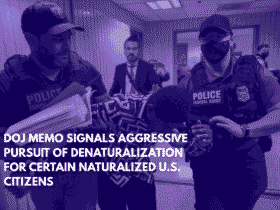
Leave a Reply